Related Research Articles

Bonnie Lynn Bassler is an American molecular biologist; the Squibb Professor in Molecular Biology and chair of the Department of Molecular Biology at Princeton University; and a Howard Hughes Medical Institute Investigator. She has researched cell-to-cell chemical communication in bacteria and discovered key insights into the mechanism by which bacteria communicate, known as quorum sensing. She has contributed to the idea that disruption of chemical signaling can be used as an antimicrobial therapy.
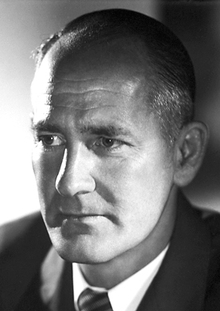
George Wells Beadle was an American geneticist. In 1958 he shared one-half of the Nobel Prize in Physiology or Medicine with Edward Tatum for their discovery of the role of genes in regulating biochemical events within cells. He also served as the 7th President of the University of Chicago.
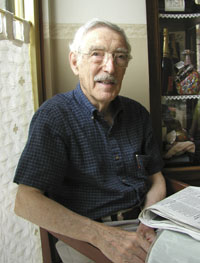
Bruce Nathan Ames is a prominent American biochemist. He is a professor of biochemistry and Molecular Biology Emeritus at the University of California, Berkeley, and was a senior scientist at Children's Hospital Oakland Research Institute (CHORI). Throughout his career, Dr. Ames has made significant contributions to understanding the mechanisms of mutagenesis and DNA repair. One of his most notable achievements is the invention of the Ames test, a widely used assay for easily and cheaply evaluating the mutagenicity of compounds. The test revolutionized the field of toxicology and has played a crucial role in identifying numerous environmental and industrial carcinogens.
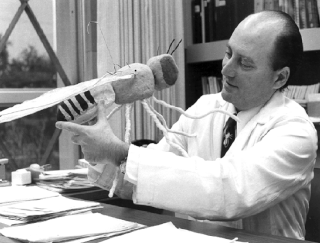
Seymour Benzer was an American physicist, molecular biologist and behavioral geneticist. His career began during the molecular biology revolution of the 1950s, and he eventually rose to prominence in the fields of molecular and behavioral genetics. He led a productive genetics research lab both at Purdue University and as the James G. Boswell Professor of Neuroscience, emeritus, at the California Institute of Technology.
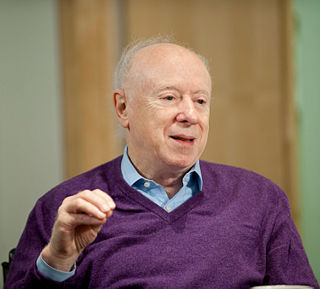
Joseph Leonard Goldstein ForMemRS is an American biochemist. He received the Nobel Prize in Physiology or Medicine in 1985, along with fellow University of Texas Southwestern researcher, Michael Brown, for their studies regarding cholesterol. They discovered that human cells have low-density lipoprotein (LDL) receptors that remove cholesterol from the blood and that when LDL receptors are not present in sufficient numbers, individuals develop hypercholesterolemia and become at risk for cholesterol related diseases, notably coronary heart disease. Their studies led to the development of statin drugs.

Sir Walter Fred Bodmer is a German-born British human geneticist.
Sir Peter James Donnelly is an Australian-British mathematician and Professor of Statistical Science at the University of Oxford, and the CEO of Genomics PLC. He is a specialist in applied probability and has made contributions to coalescent theory. His research group at Oxford has an international reputation for the development of statistical methodology to analyze genetic data.
Nicholas Hamilton Barton is a British evolutionary biologist.
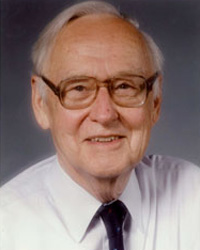
James Franklin Crow was Professor Emeritus of Genetics at the University of Wisconsin–Madison and a prominent population geneticist whose career spanned from the modern synthesis to the genomic era.
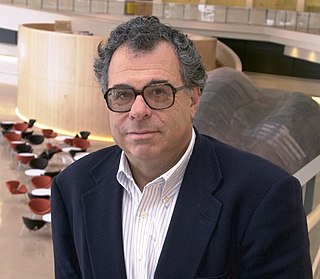
David Botstein is an American biologist who is the chief scientific officer of Calico. He was the director of the Lewis-Sigler Institute for Integrative Genomics at Princeton University from 2003 to 2013, where he remains an Anthony B. Evnin Professor of Genomics.
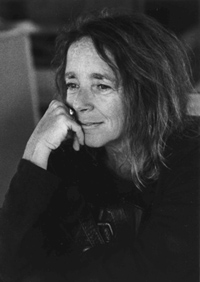
Ursula W. Goodenough is a Professor of Biology Emerita at Washington University in St. Louis where she engaged in research on eukaryotic algae. She authored the textbook Genetics and the best-selling book The Sacred Depths of Nature and speaks regularly about religious naturalist orientation and evolution. She contributed to the NPR blog, 13.7: Cosmos & Culture, from 2009 to 2011.
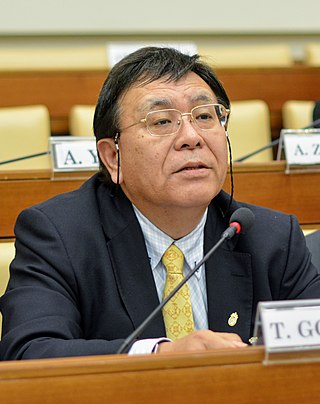
Takashi Gojobori is a Japanese molecular biologist, Vice-Director of the National Institute of Genetics (NIG) and the DNA Data Bank of Japan (DDBJ) at NIG, in Mishima, Japan. Gojobori is a Distinguished Professor at King Abdullah University of Science and Technology (KAUST) in Thuwal, Saudi Arabia. He is a Professor of Bioscience and Acting Director at the Computational Bioscience Research Center at KAUST.

Denis Duboule is a Swiss-French biologist. He earned his PhD in Biology in 1984 and is currently Professor of Developmental Genetics and Genomics at the École polytechnique fédérale de Lausanne (EPFL) and at the Department of Genetics and Evolution of the University of Geneva. Since 2001, he is the Director of the Swiss National Research Center "Frontiers in Genetics" and since 2017, he is also a professor at the Collège de France. He has notably worked on Hox genes, a group of genes involved in the formation of the body plan and of the limbs.

Manchanahalli Rangaswamy Satyanarayana Rao was an Indian scientist. He was awarded the fourth-highest civilian award, the Padma Shri, for Science and Engineering in 2010. From 2003 to 2013 he was president of Jawaharlal Nehru Centre for Advanced Scientific Research (JNCASR) in Bangalore, India.
Rameshwar Nath Koul Bamezai is an Indian scientist in the field of human genetics and cancer biology. He is the coordinator of the National Centre of Applied Human Genetics, School of Life Sciences, Jawaharlal Nehru University. He has served as the Vice chancellor of Shri Mata Vaishno Devi University. He was honoured with the Padma Shri Award by the President of India for his contributions to the fields of science and technology, in 2012. An elected fellow of the National Academy of Medical Sciences, he has published many articles on his research.

Dr. Krishnaswamy VijayRaghavan is an emeritus professor and former director of the National Centre for Biological Sciences. On 26 March 2018, the Government of India appointed him as the principal scientific adviser to succeed Dr. R Chidamabaram. His term as Principal Scientific Adviser ended on April 2, 2022. In 2012, he was elected a fellow of The Royal Society and in April 2014 he was elected as a foreign associate of the US National Academy of Sciences. He was conferred the Padma Shri on 26 January 2013 and is also a recipient of the Infosys Prize in the life sciences category in 2009.

Michael Edward "Mike" Goddard is a professorial fellow in animal genetics at the University of Melbourne, Australia.
Bhyravabhotla Radhakrishna Murty (1928–2003) was an Indian botanist, known for his contributions the fields of Conservation genetics and Radiation genetics. He was a professor of Biochemistry Division at Indian Agricultural Research Institute, Pusa and was an elected fellow of Indian Academy of Sciences and the Indian National Science Academy. The Council of Scientific and Industrial Research, the apex agency of the Government of India for scientific research, awarded him the Shanti Swarup Bhatnagar Prize for Science and Technology, one of the highest Indian science awards, in 1973, for his contributions to biological sciences.

Amitabh Joshi is an Indian evolutionary biologist, population ecologist, geneticist and a professor at Jawaharlal Nehru Centre for Advanced Scientific Research (JNCASR). He heads the Evolutionary Biology Laboratory at JNCASR and is known for his studies on Evolutionary genetics and Population ecology. An elected fellow of the Indian Academy of Sciences, National Academy of Sciences, India, and Indian National Science Academy, he was also a J. C. Bose National Fellow (2011-2021) of the Department of Science and Technology. He served as the Chief Editor of the Journal of Genetics (2008-2014) and Editor of Publications of the Indian Academy of Sciences (2017-2021). The Council of Scientific and Industrial Research, the apex agency of the Government of India for scientific research, awarded him the Shanti Swarup Bhatnagar Prize for Science and Technology, one of the highest Indian science awards, in 2009, for his contributions to biological sciences.

R. Scott Hawley is an American geneticist and investigator at the Stowers Institute for Medical Research in Kansas City, Missouri, a member of the US National Academy of sciences and fellow of the American Association for the Advancement of Science. He has been President of the Genetics Society of America, and leads a research team focused on the molecular mechanisms that regulate chromosome behavior during meiosis.
References
- ↑ "Michael Turelli". National Academy of Sciences. Retrieved 2022-01-19.